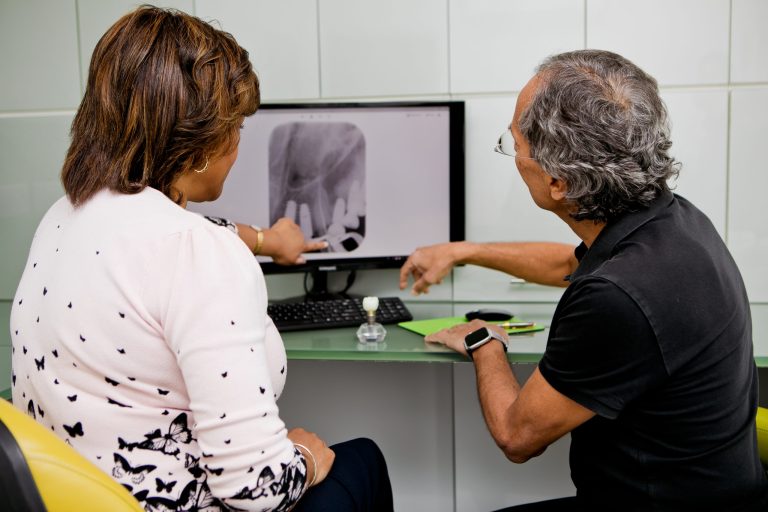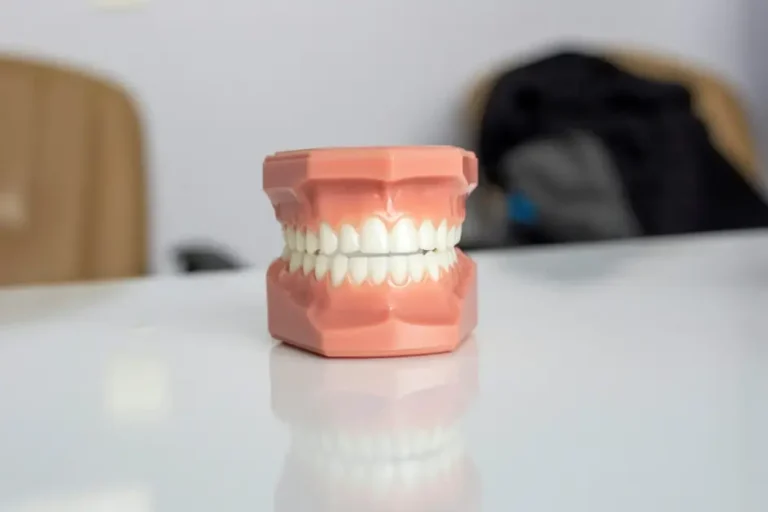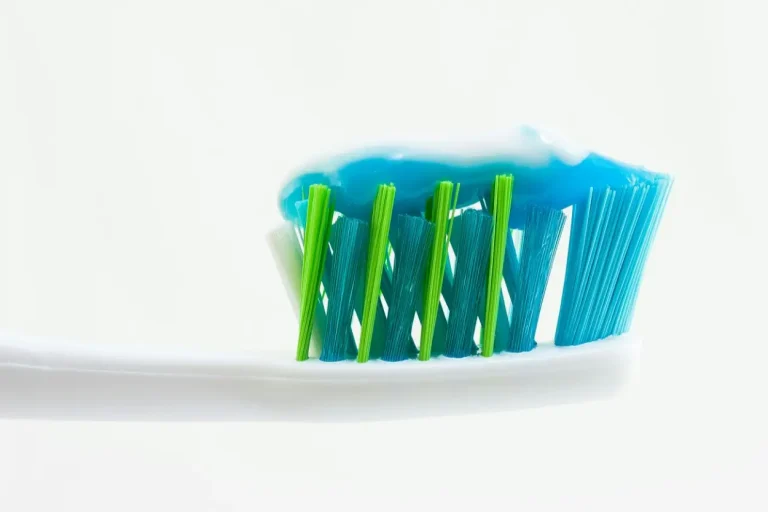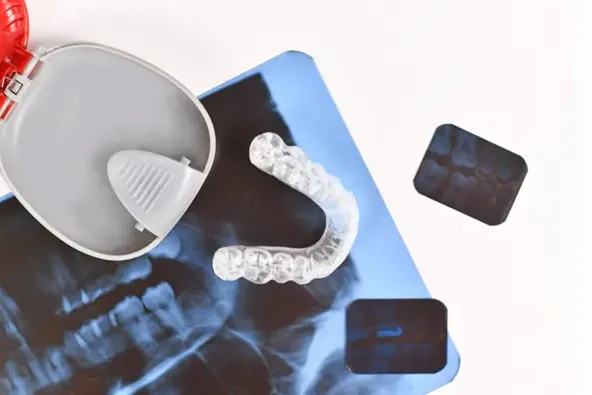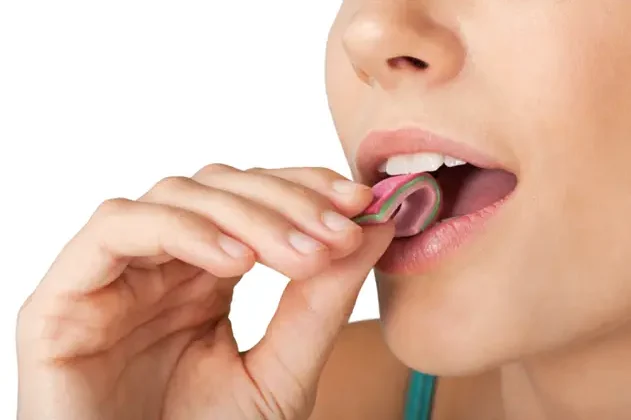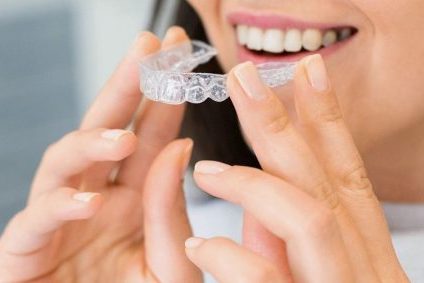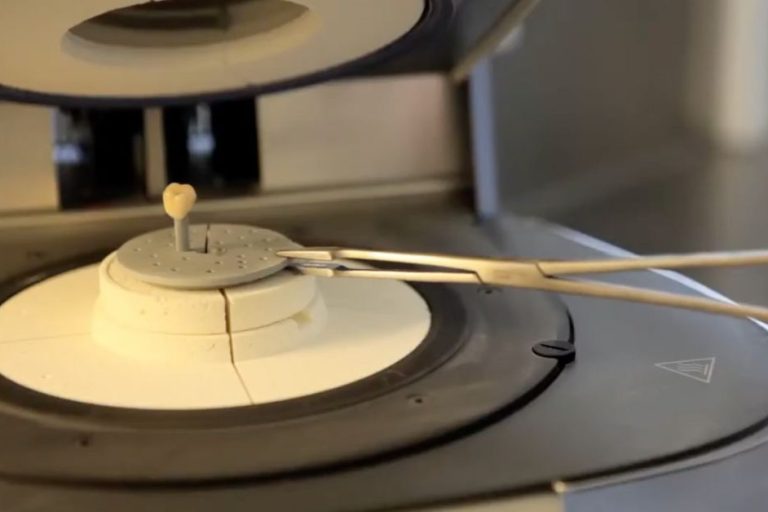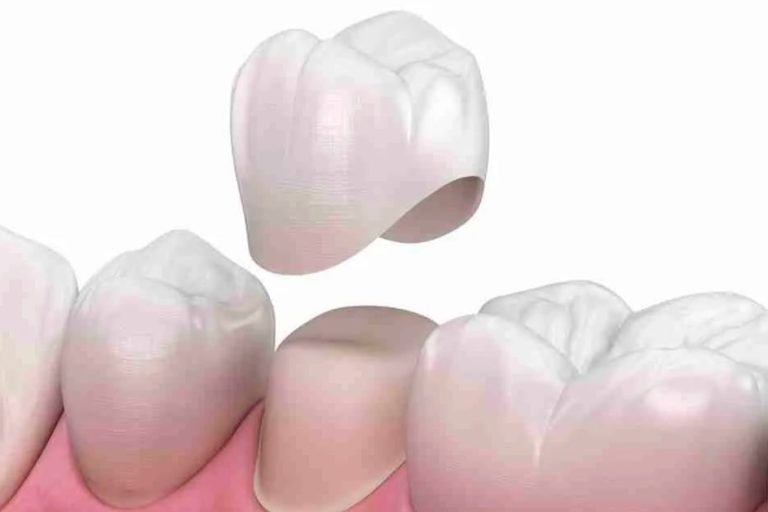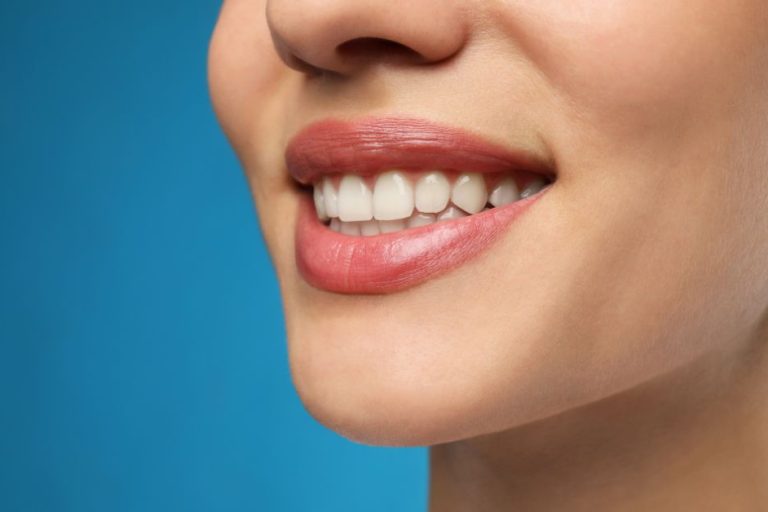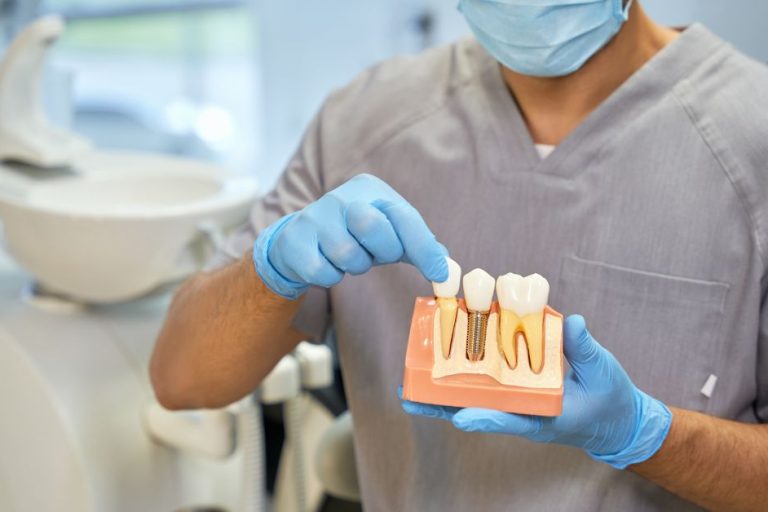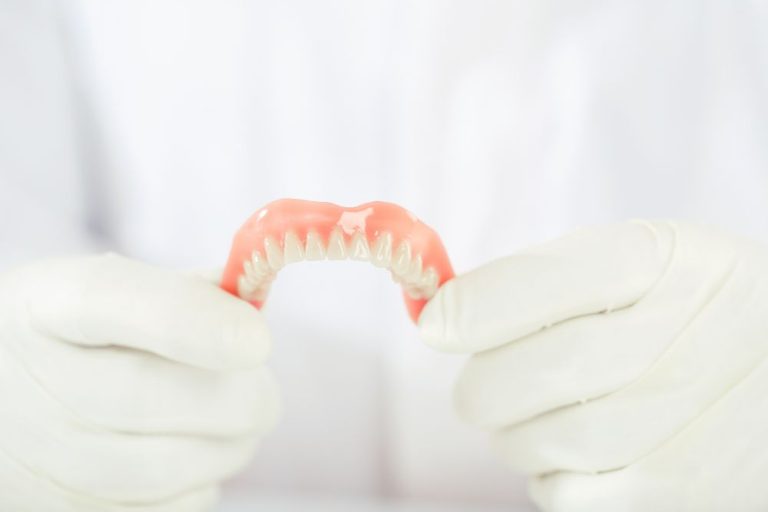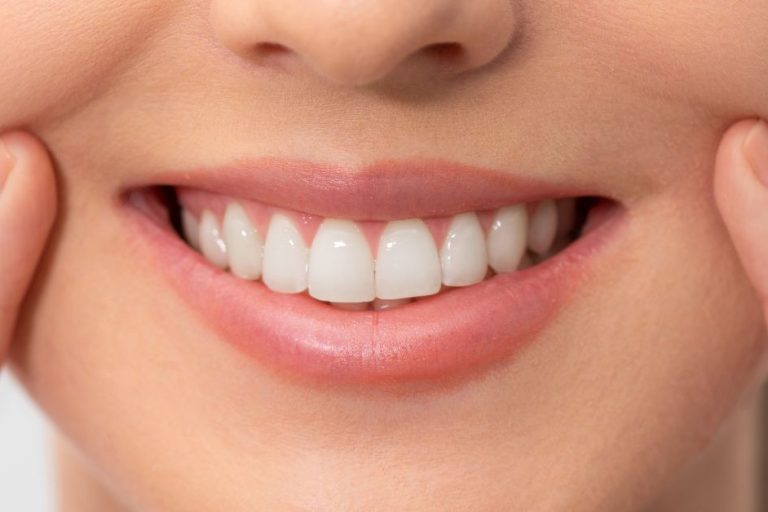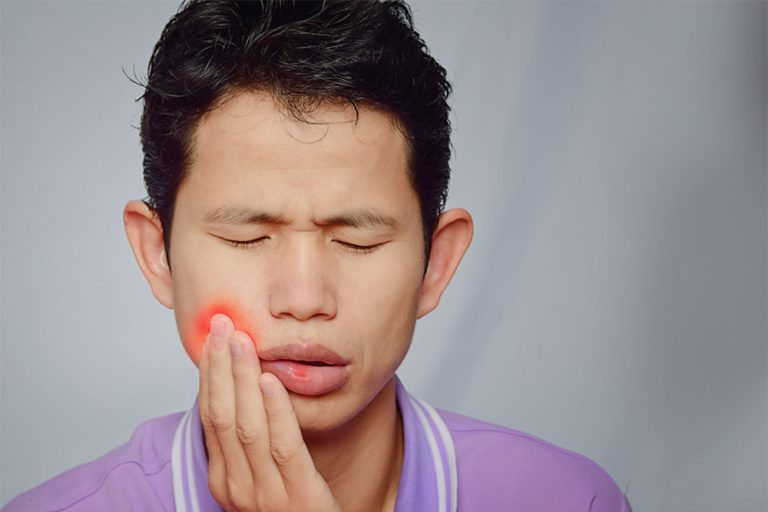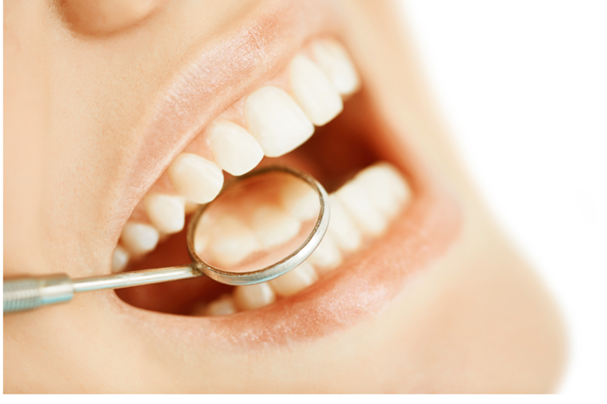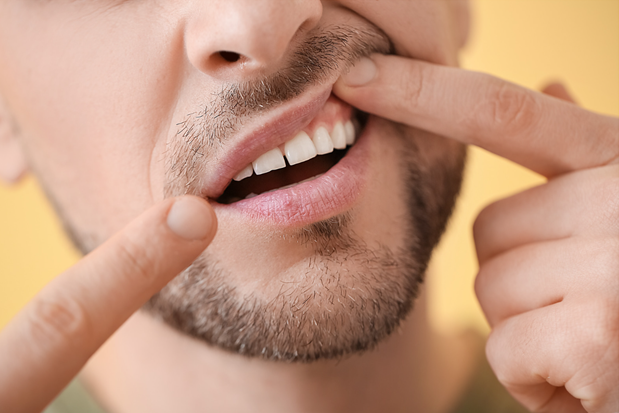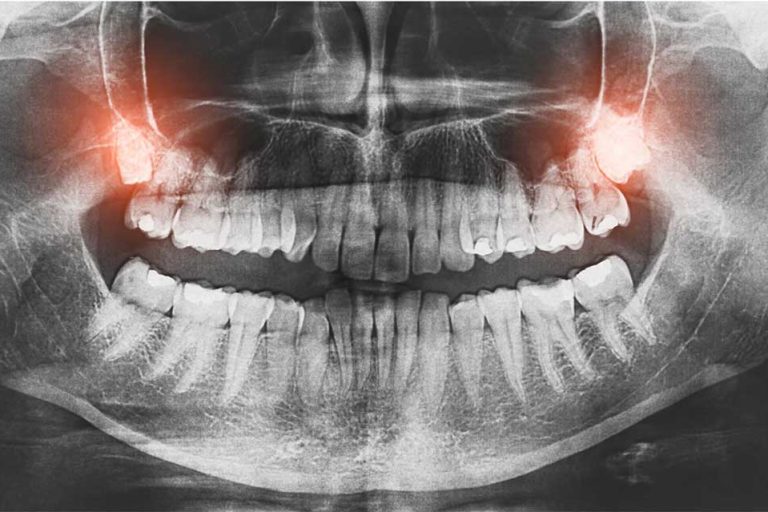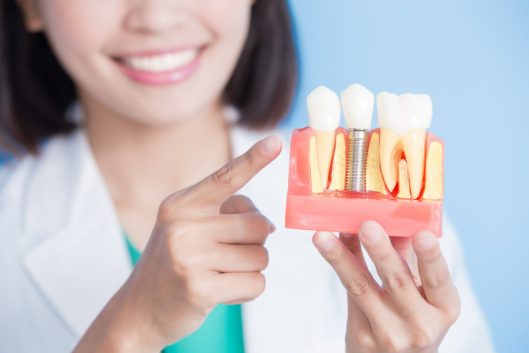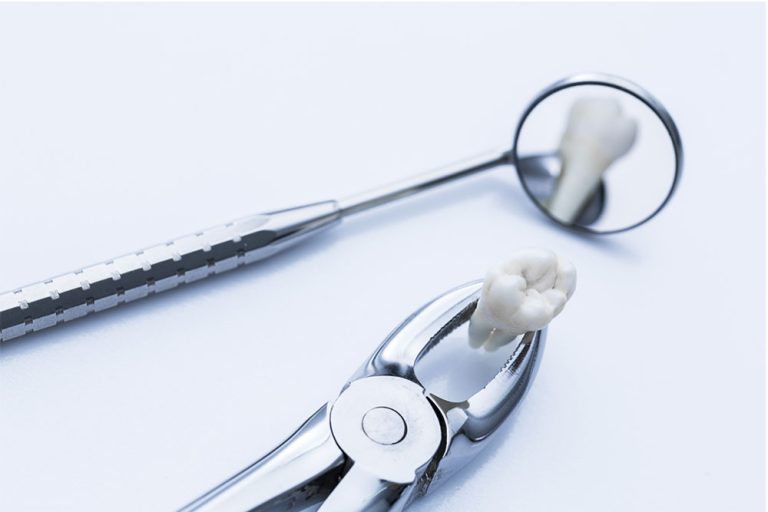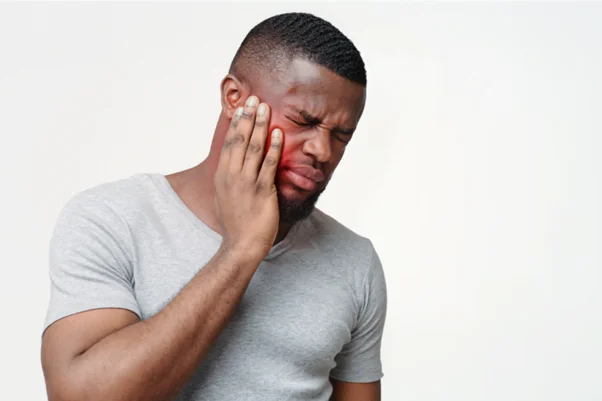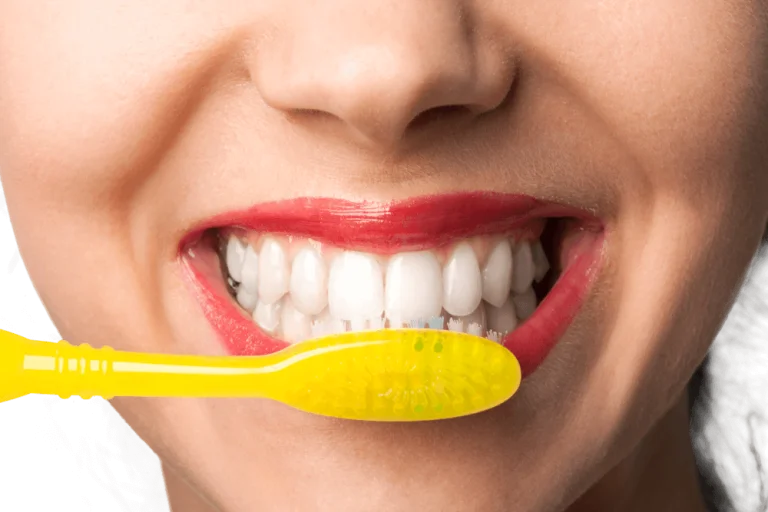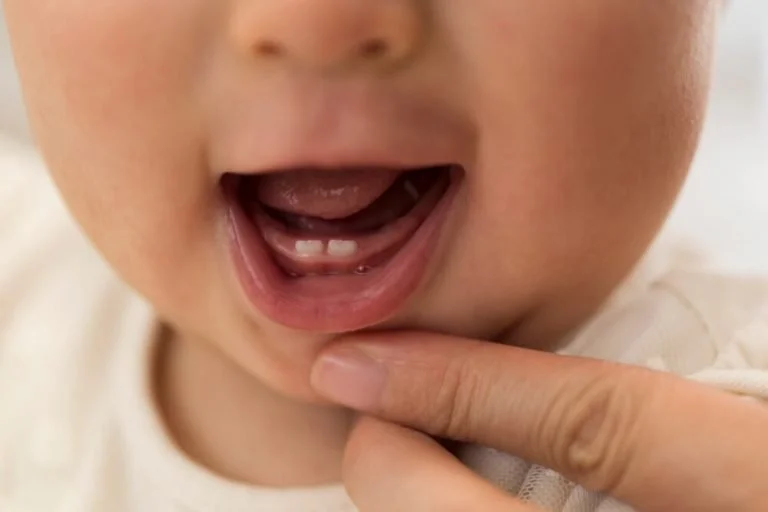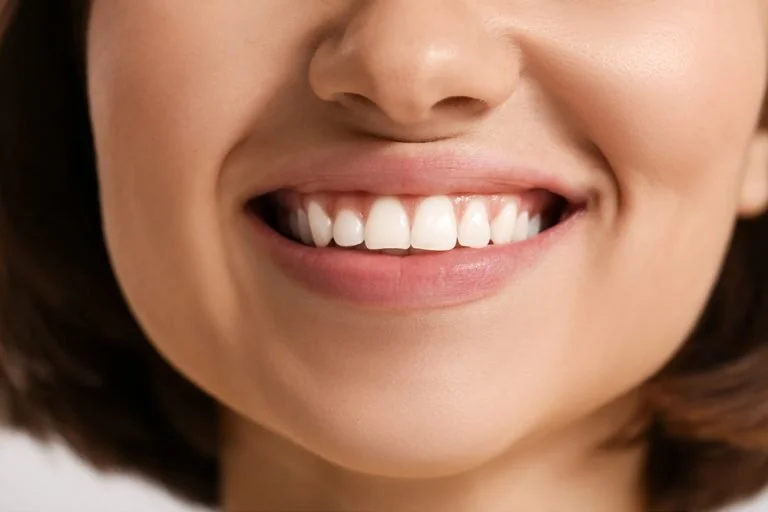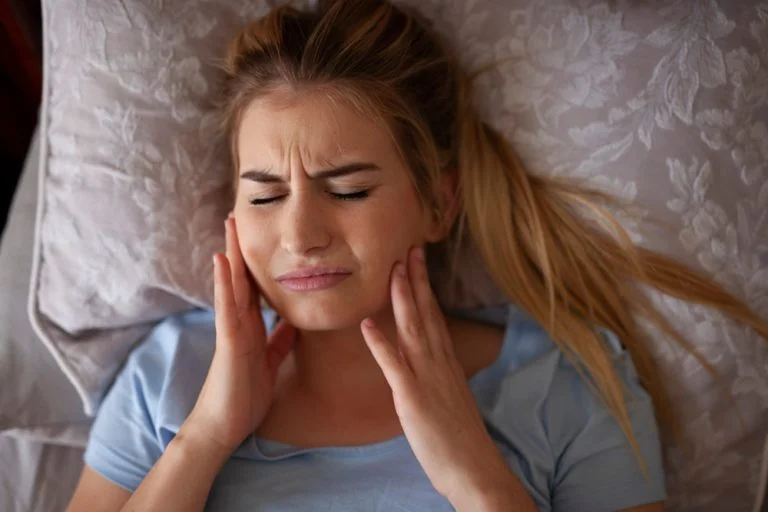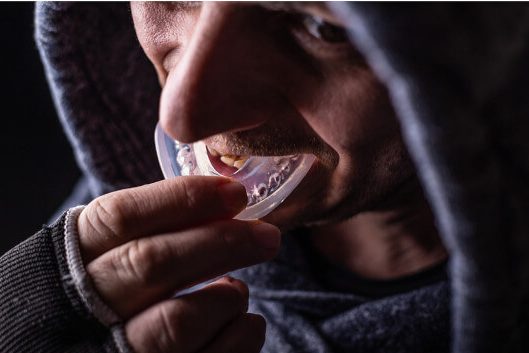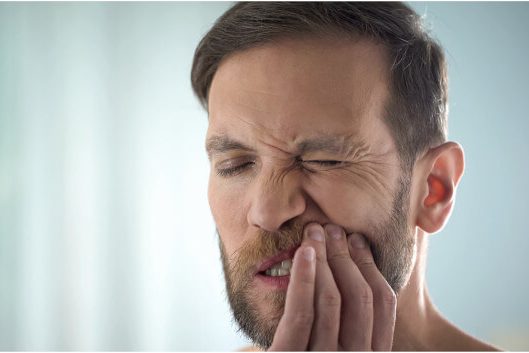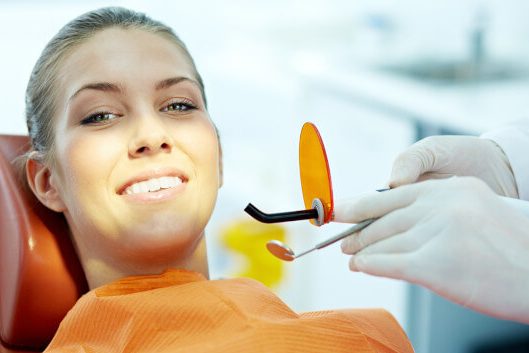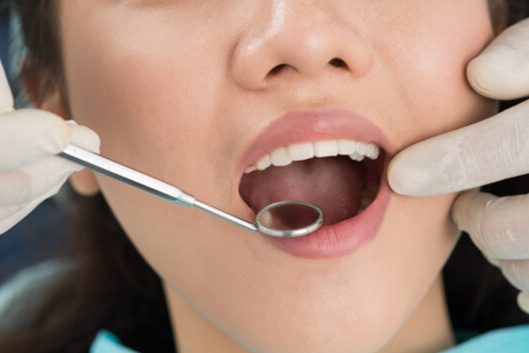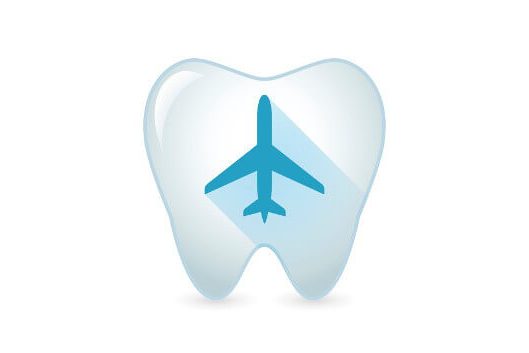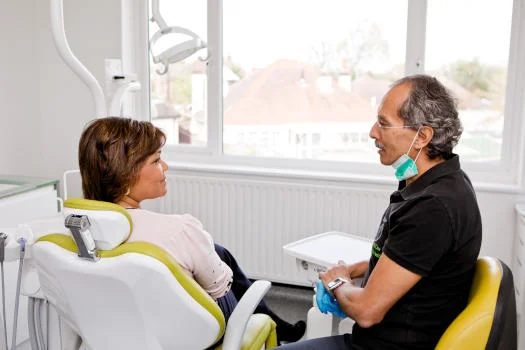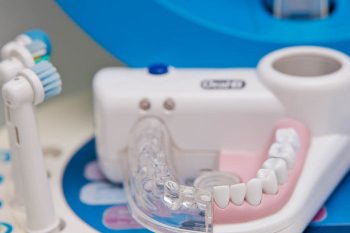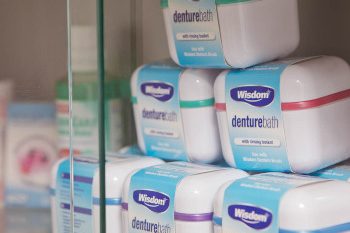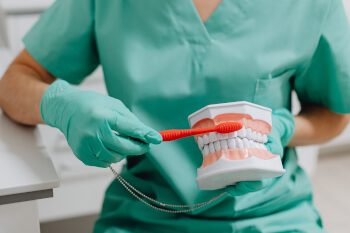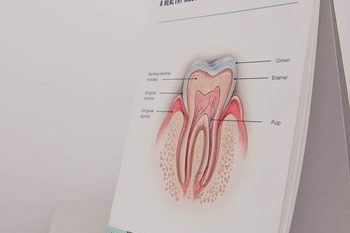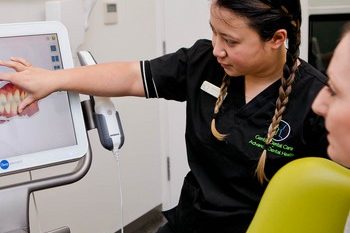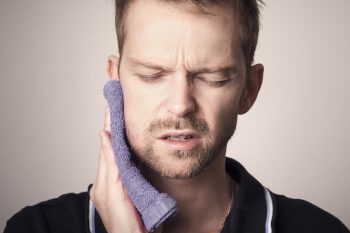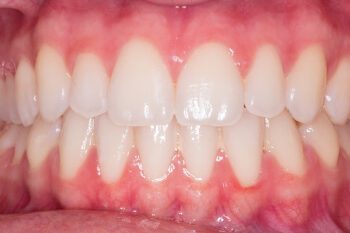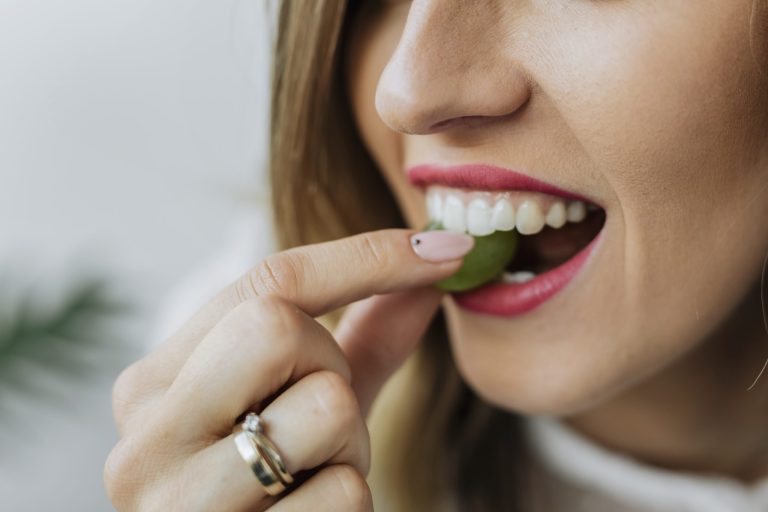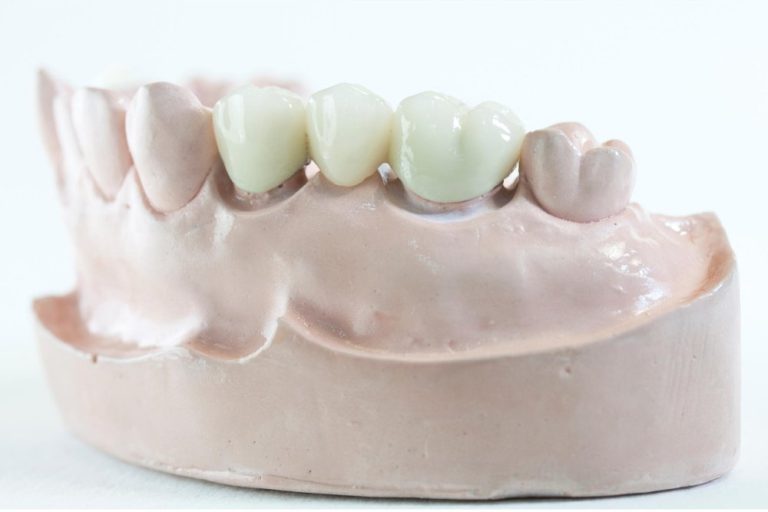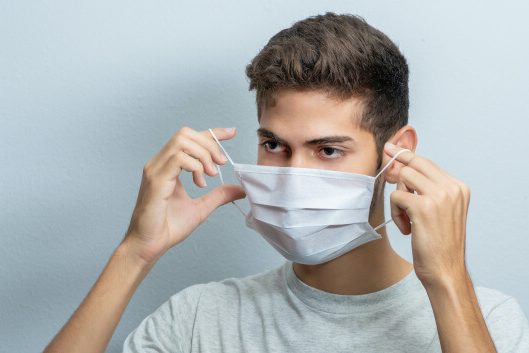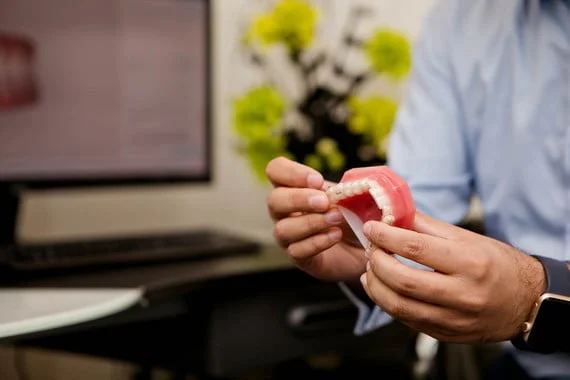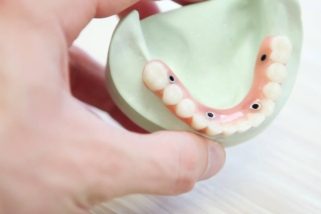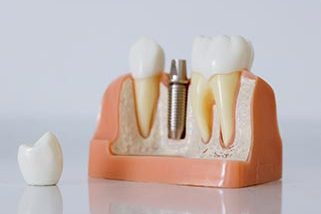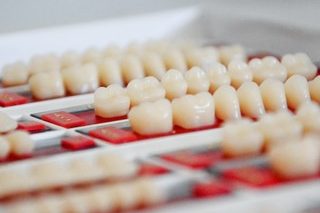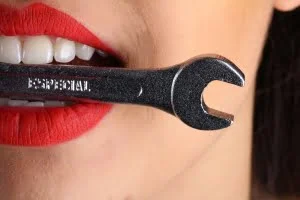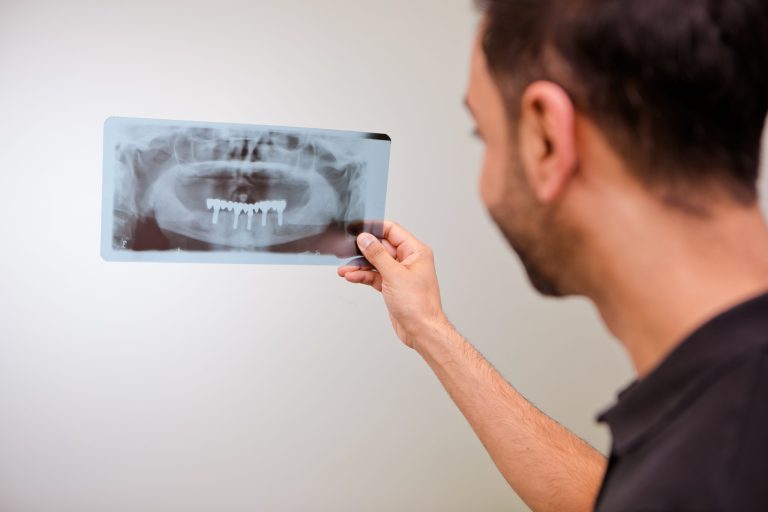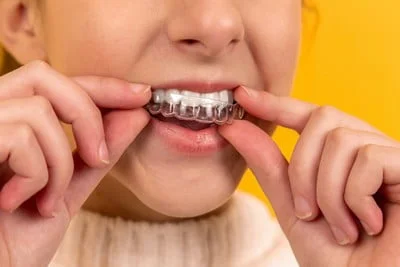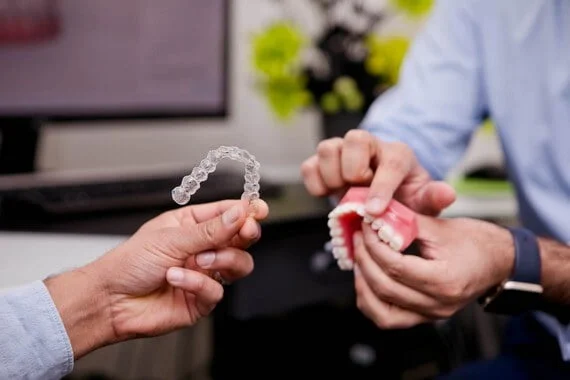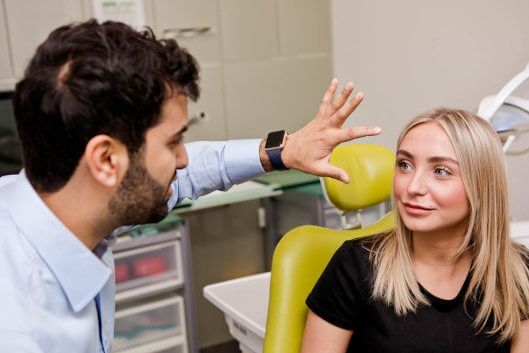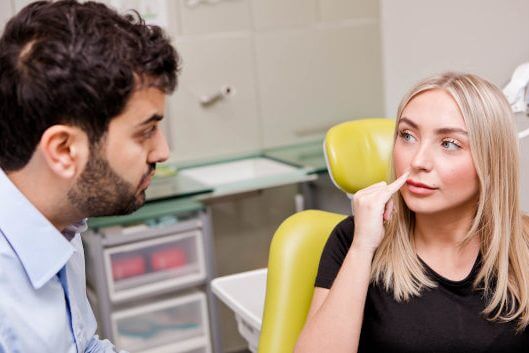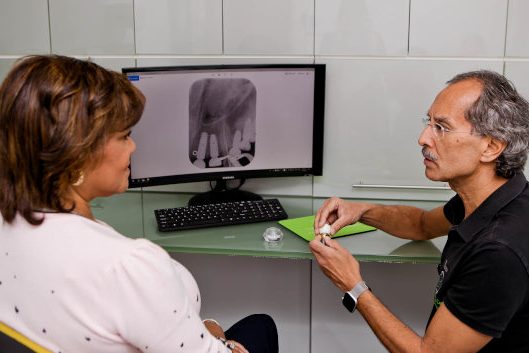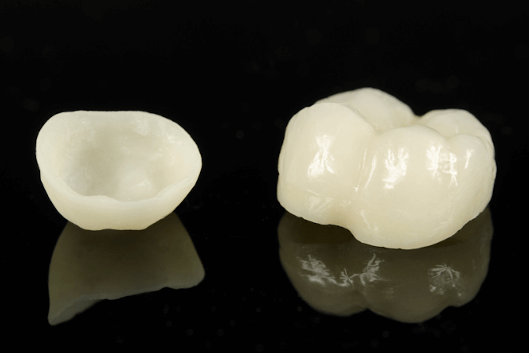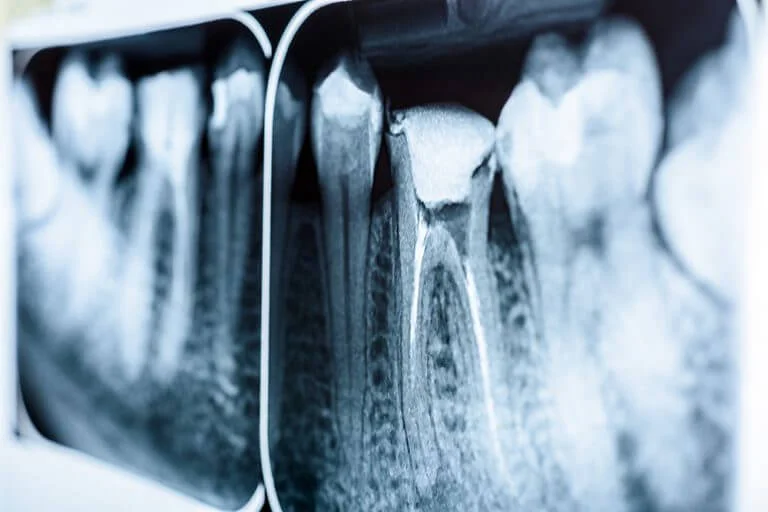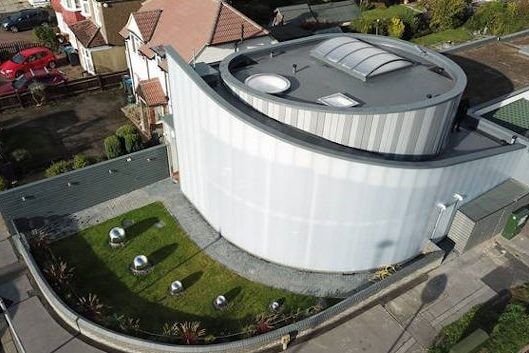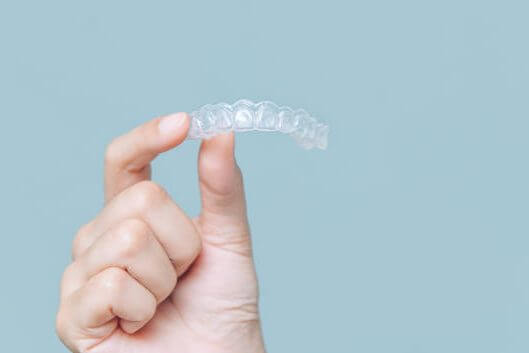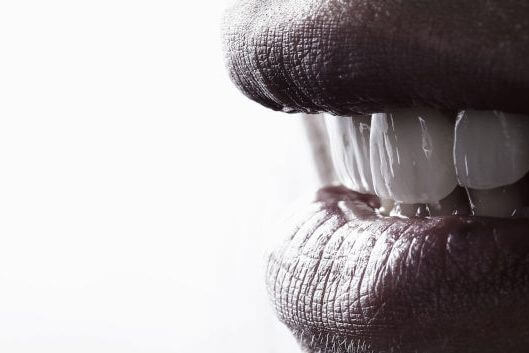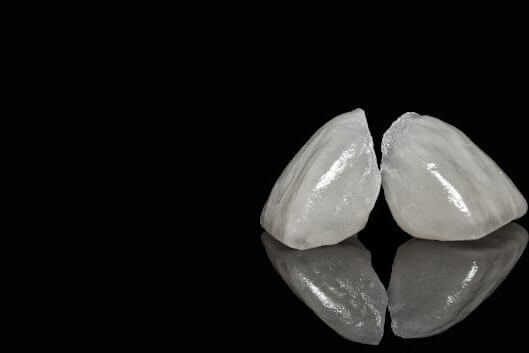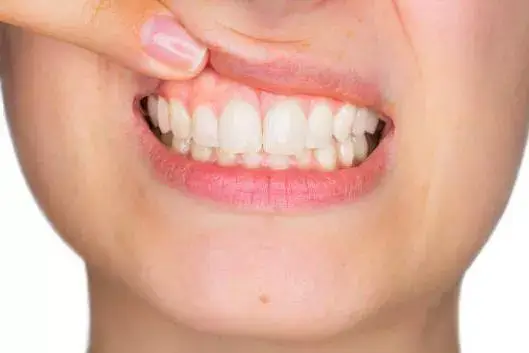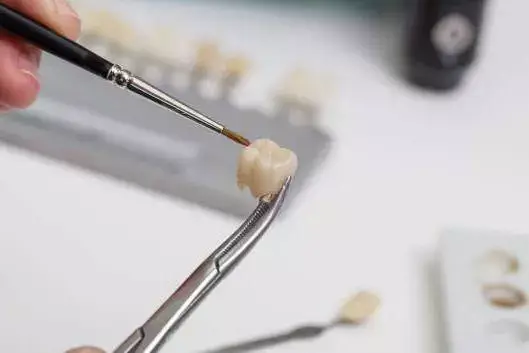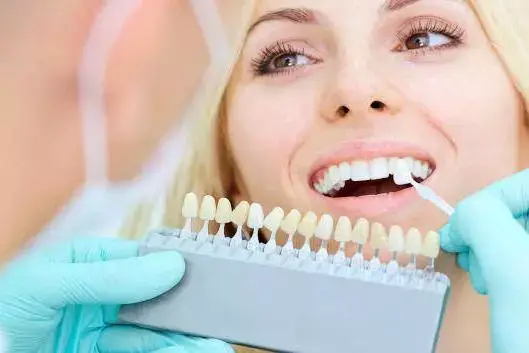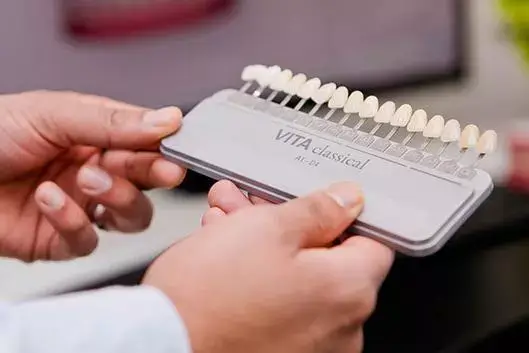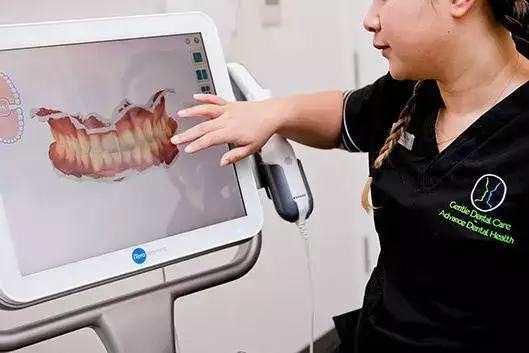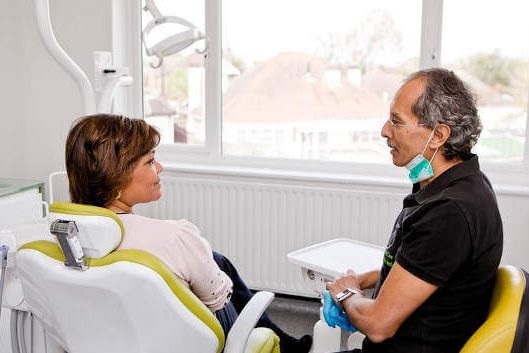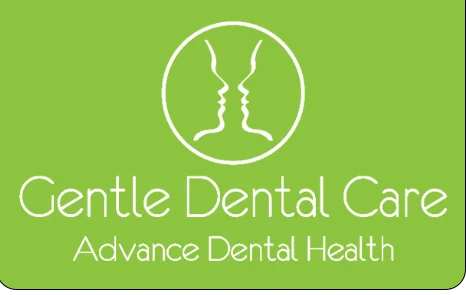When Do Wisdom Teeth Come In?

Within this blog, we will be covering all the key points to know about when wisdom teeth come in. This includes the wisdom teeth emergence, the first signs that wisdom teeth are coming in, when wisdom teeth should be removed and pain relief.
Wisdom teeth emergence
The wisdom teeth are usually the final set of permanent teeth to erupt within your mouth. Typically, wisdom teeth emerge around the age of eighteen, but it is possible that they don’t emerge at all in some individuals and in others, they can appear a lot later in life. In some scenarios, an individual gets a full set of wisdom teeth however, it is possible to get only a partial set.
The emergence of wisdom teeth is not without its problems however, as it can create issues under the gumline. In turn it can lead to infections and many other issues within your mouth. Subsequently, it is essential to have impeccable oral hygiene and regular dental visits to ensure that these issues do not occur.
Early signs that wisdom teeth will appear
When inspecting your mouth for the potential first signs of wisdom teeth then there are some key things to look out for. These first signs have been detailed below:
- Infection on the gums can occur due to wisdom teeth only partially emerging and allowing food/bacteria to thrive in the area.
- Bleeding or sore gums.
- Headaches can be triggered due to built-up pressure if the wisdom tooth become trapped under the gums.
- Inflammation of the gums or the jaw.
- Pain throughout the jaw.
- Bad taste in the mouth or potential bad breath.
- Issues when opening the mouth.
Wisdom teeth removal
Assuming the placement and alignment of wisdom teeth are correct, then potential issues are unlikely and thus it is not advised to have them removed. However, if a wisdom tooth does erupt in a problematic way, then it may have to be removed. This can be due to only partial eruption which can disrupt the alignment, cause potential cysts, and further health issues. If these issues are left untreated, then it may destroy the jawbone and cause tooth decay.
Partial eruption will also make oral hygiene difficult and can encourage bacteria to enter gums which can mean infections, pain or swelling are all possible, it can make oral hygiene more difficult. In these scenarios the situation will be assessed, and it may be encouraged that the wisdom teeth are removed.
Relieving wisdom teeth pain
If the discomfort from wisdom teeth does become unbearable or you are waiting to have your wisdom teeth removed, then pain relief may be required. Potential pain relief methods have been listed below:
- Peppermint tea bags can be placed on the problematic area, either frozen or cooled down. This is because peppermint has mild natural numbing properties which will be able to reduce oral pain in the short term. Care must be used to avoid splitting the teabag in your mouth!
- A cold compress can be placed on the problematic side of your face for around twenty minutes. This can help reduce the swelling and potential associated pain.
- Using a warm saltwater rinse can be amazingly simple and natural way to minimise tooth pain. This helps to promote pain relief, clean bacterial infections, and heal potential oral wounds. However, swallowing should be avoided.
- A hot pack could also be applied to the problematic side of your face to temporarily relieve the pain.
- Anti-inflammatories can also be taken to get rid of the inflammation and manage the pain also. This medication should be taken every few hours, as shown on the label, to avoid the pain/inflammation returning.
For more wisdom teeth advice, check out our blog.
Call 020 3925 3846 or fill in our form to enquire about your consultation.
